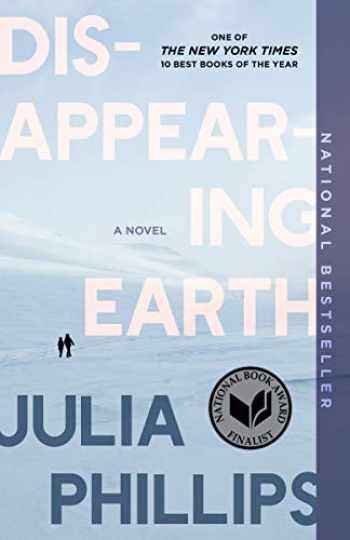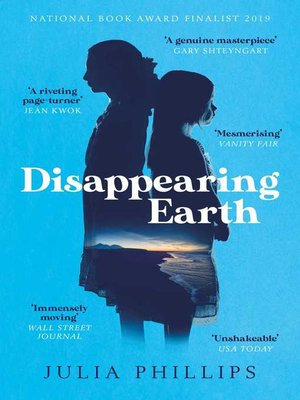
Katya, in the second chapter, is dating Max, a handsome but ineffectual man who has forgotten to bring the tent on their camping trip: “Max was simply the sort of person, like so many others, whom she had to supervise.” Natasha, who appears later in the novel, has a husband in the military, working on a ship, leaving her to raise their two children alone.

This is a novel about women men in the book are often absent or portrayed as less than ideal. Mostly, we dig deeply into the lives of girls and women, lives that are often difficult and upset by trauma, lives that offer little in the way of hope or joy. We learn about this beautiful yet stark peninsula, accessible only by air or sea, and we get to understand the racism and classism that permeates it, the ways in which the post-Soviet world has changed the lives of these Russians. We see, over time, as their story disappears from the headlines, as the police move on to other matters. The book then moves forward in time over the next year, each month narrated by a different woman or girl who is somehow connected to the girls’ disappearance. They disappear from their parents’ lives and, largely, from the novel.

We get to know the girls-who live on the Kamchatka Peninsula, in the far east of Russia-during an idle summer day and then watch, full of despair, as the girls climb into a strange man’s car. In a story as propulsive as it is emotionally engaging, and through a young writer's virtuosic feat of empathy and imagination, this powerful novel brings us to a new understanding of the intricate bonds of family and community, in a Russia unlike any we have seen before.Two little girls-Alyona and Sophia-go missing at the start of Julia Phillips’ wonderful debut novel, Disappearing Earth.

We are transported to vistas of rugged beauty - densely wooded forests, open expanses of tundra, soaring volcanoes, and the glassy seas that border Japan and Alaska - and into a region as complex as it is alluring, where social and ethnic tensions have long simmered, and where outsiders are often the first to be accused. Taking us through a year in Kamchatka, Disappearing Earth enters with astonishing emotional acuity the worlds of a cast of richly drawn characters, all connected by the crime: a witness, a neighbor, a detective, a mother.

Echoes of the disappearance reverberate across a tightly woven community, with the fear and loss felt most deeply among its women. In the ensuing weeks, then months, the police investigation turns up nothing. One August afternoon, on the shoreline of the Kamchatka peninsula at the northeastern edge of Russia, two girls - sisters, eight and eleven - go missing.


 0 kommentar(er)
0 kommentar(er)
